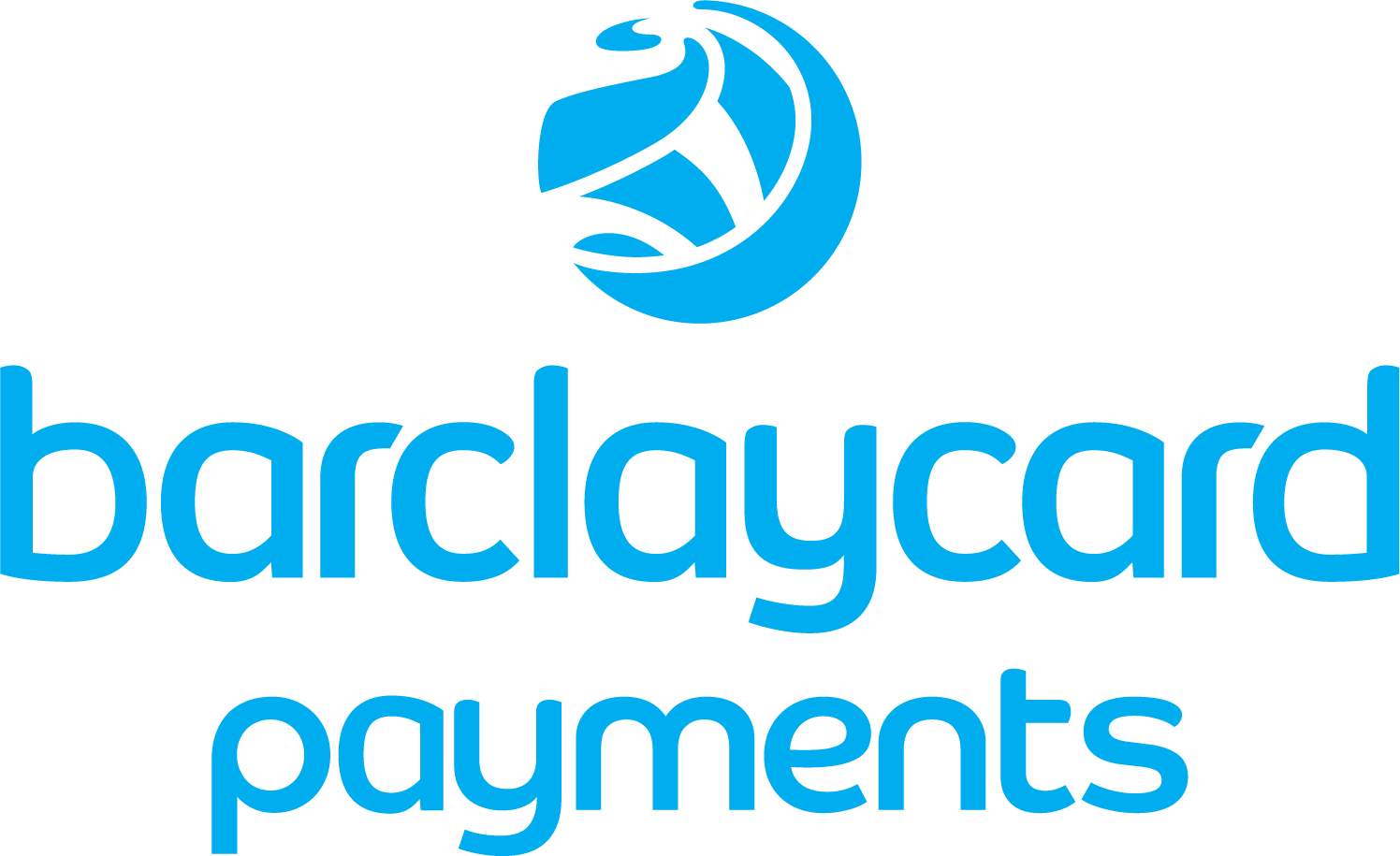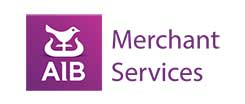- Accept card payments – lowest rates from 0.27%
- Keep your card processing fees to a minimum
- Direct access to the UK’s leading card processing banks
- We ensure your rates always remain competitive
No spam emails or calls
Choose from the payment methods then click Next
What's your turnover each month?
Enter the name of your company
Enter your company's postcode and contact number






Smart Strategies for Managing Your Payment Credit Card Effectively
In today’s fast-paced financial world, a payment credit card is an essential tool for managing expenses, earning rewards, and building a strong credit rating. However, without proper management, it can lead to persistent debt, high interest rates, and unnecessary fees.
This guide will help you take control of your credit card account with smart strategies, from setting up a direct debit to making additional payments to reduce your credit card balance faster.
1. Understanding Your Credit Card Statement
Your monthly statement contains crucial details about your credit card, including:
- Statement balance – The total amount owed at the end of the billing cycle.
- Minimum payment – The smallest amount you must pay to avoid default fees.
- Payment due date – The deadline to pay your credit card to prevent late charges.
- Interest rate – The cost of borrowing if you don’t pay off your balance in full.
Key Action: Always review your credit card statement to track spending and avoid surprises.
2. Setting Up a Direct Debit to Avoid Missed Payments
One of the easiest ways to make a payment on time is by setting up a direct debit from your UK bank account.
How to Set Up a Direct Debit:
- Log in to your online banking or mobile banking app.
- Navigate to payments and select pay via direct debit set.
- Choose whether to pay the minimum amount, fixed amount, or full balance.
- Enter your bank details, including account number and sort code.
- Confirm the direct debit date (ideally a few days before the payment due date).
Benefits:
- Never miss a payment, protecting your credit rating.
- Avoid late fees and penalty interest rates.
- Saves time with automatic monthly payments.
Pro Tip: If you have extra funds, consider making additional one off payments to reduce debt faster.
3. Pay More Than the Minimum Payment Each Month
Paying only the minimum monthly payment keeps you in debt longer due to accumulating interest.
Why Pay More?
- Reduces your credit card balance faster.
- Lowers the total interest paid over time.
- Helps escape persistent debt cycles.
Strategies:
- Set a fixed payment higher than the minimum.
- Use extra payments whenever possible (e.g., bonuses or tax refunds).
- Allocate additional payments to high-interest cards first.
4. Using Online and Mobile Banking for Easy Payments
Most UK banks offer internet banking and banking apps for quick credit card management.
How to Make a Payment via Mobile/Online Banking:
- Log in to your banking app or online banking.
- Select make a payment or send cash.
- Enter your 16-digit credit card number and payment amount.
- Choose between one off payments or recurring monthly repayments.
- Receive confirmation once processed.
Advantages:
- Instant payments without visiting a branch.
- Track monthly statement updates in real time.
- Schedule payments in advance to avoid missed deadlines.
5. Strategies to Pay Off Your Balance Faster
A. Balance Transfers
- Move debt to a card with a same interest rate or 0% offer.
- Check for transfer fees before proceeding.
B. Snowball vs. Avalanche Method
- Snowball: Pay smallest debts first for motivation.
- Avalanche: Target highest interest rate debts first to save money.
C. Making Extra Payments
- Even small additional payments help reduce debt faster.
- Use windfalls (bonuses, tax refunds) to pay off your balance.
6. Avoiding Common Credit Card Mistakes
A. Missing the Payment Due Date
- Late payments hurt your credit rating and incur fees.
- Solution: Set up a direct debit or calendar reminders.
B. Only Paying the Minimum
- Leads to long-term debt and higher interest.
- Solution: Aim for full payments whenever possible.
C. Sharing Debit/Credit Card Details
- Never share your debit card details or credit card number online unless secure.
- Use trusted sites for online payments.
7. Monitoring Your Credit Card Activity
Regularly check:
- Next statement balances.
- Unauthorised transactions.
- Interest and fees applied.
Tools to Use:
- Mobile banking app alerts.
- Online banking transaction history.
- Credit score checks (e.g., Experian, ClearScore).
Take Control of Your Payment Credit Card
Managing your payment credit card effectively requires discipline, smart payments, and regular monitoring. By setting up a direct debit, paying more than the minimum, and using online banking tools, you can avoid debt traps and improve your financial health.
Final Tips:
✔ Always pay your credit card on or before the due date.
✔ Avoid persistent debt by clearing the full balance when possible.
✔ Use mobile banking for quick additional payments.
By following these strategies, you’ll maximise the benefits of your credit card while minimising costs—keeping your finances in great shape.